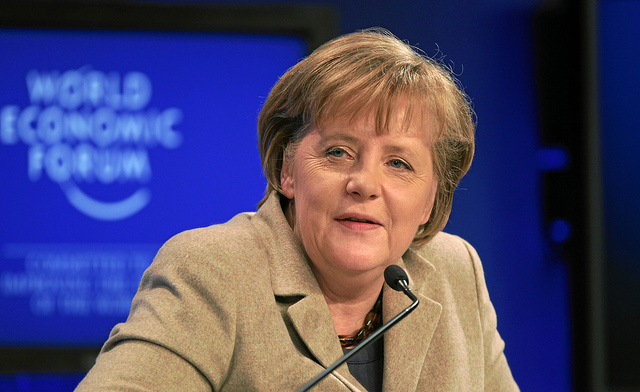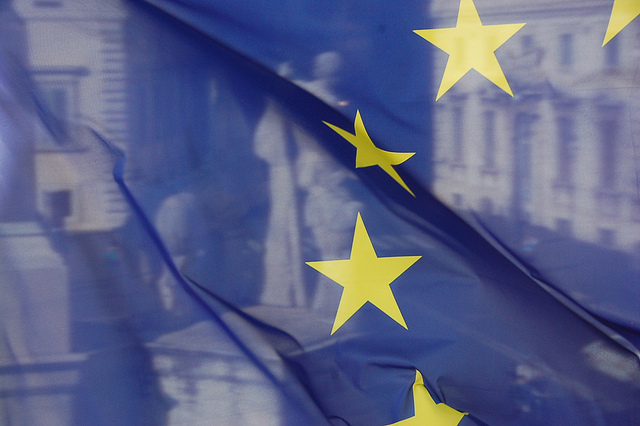A while back, Angela Merkel was asked what she liked about her country. The German Chancellor gave a pretty straightforward answer: “I think of airtight windows.” To me, it sounded like the observation of an intelligent, discreet person.
You can’t deny that Germany makes top-notch windows. All we have to do is look around to see that in Mediterranean architecture, large panes of glass, where an abundance of light pours in, have replaced the modest roll-up blinds of the past. It seems like we all wish our windows mimicked those of Germany.

A wise architect friend taught me something about windows that may be applicable in a broader sense. He said, “In the North, the important thing is for the windows to not let the heat out, and for them to take full advantage of the calorific power of sunlight. In the Mediterranean, it’s the exact opposite. The goal is to keep the outside heat from coming in, which means one primary concern is minimizing exposure to the sun. Hence the importance of the blinds and the relatively small surface area of the exterior openings.”
German windows for all of Europe
Assessing the situation, in these times of general uncertainty, and our experience in the eurozone, it is practically impossible to avoid drawing analogies with the history of windows. The story — which is too full of recent events to be called history just yet — teaches us that the rules governing the single European currency are not based on economic considerations, much less the desire for the European project to prosper. The euro was the price that Germany paid to France to get its blessing for the German reunification.
It was a window that at that time did not interest Germany, which preferred to keep the frame, a symbol of its economic success. France, on the other hand, wanted to tie the expanded Germany to the rest of Europe. After accepting the principle, Germany endeavored to have the design of the euro imitate its window model, while also going to great lengths to adapt the functioning of its economy to those same rules.
But the heatwave continues in the Mediterranean

Other countries may have had no choice but to follow, but they probably did so without gauging the consequences, and most likely even imagined it would be easy to adapt to the rules. They figured they could get it to be colder and less sunny here, so that the German windows would fit like a glove, to the extreme that anyone who dared hinting at the possibility of postponing the renunciation of a variable exchange rate (like us) were written off as abandoners. With over a decade under our belt now, it is pretty easy to see that we overestimated our ability to adapt: the heatwave continues down here.
Is it time to back out of the single currency and put the blinds back up? I don’t think so: exiting the euro zone would undoubtedly have enormous economic and political consequences for any country; and when those decisions were made, there were many other factors being taken into account.
The deed is done, and perhaps it was inevitable, but there is a lesson in all of this, and perhaps it is not too late to learn it: those who imagined to a greater or lesser extent how we would like their windows to be did so with considerable ignorance of their own climatic conditions and their countries.They figured that their problems would be solved by installing those bright, airtight windows, and now they’re enduring unbearable heat.
Next time, each country ought to know more about itself in order to adapt rules to its way of being. May we always keep in mind — as the Germans seem to — the last line of a famous speech by the historian Vicens Vives: “Being structured from the outside is an infallible symptom of total decadence.”
Edition of the article published in La Vanguardia on September 30, 2014


